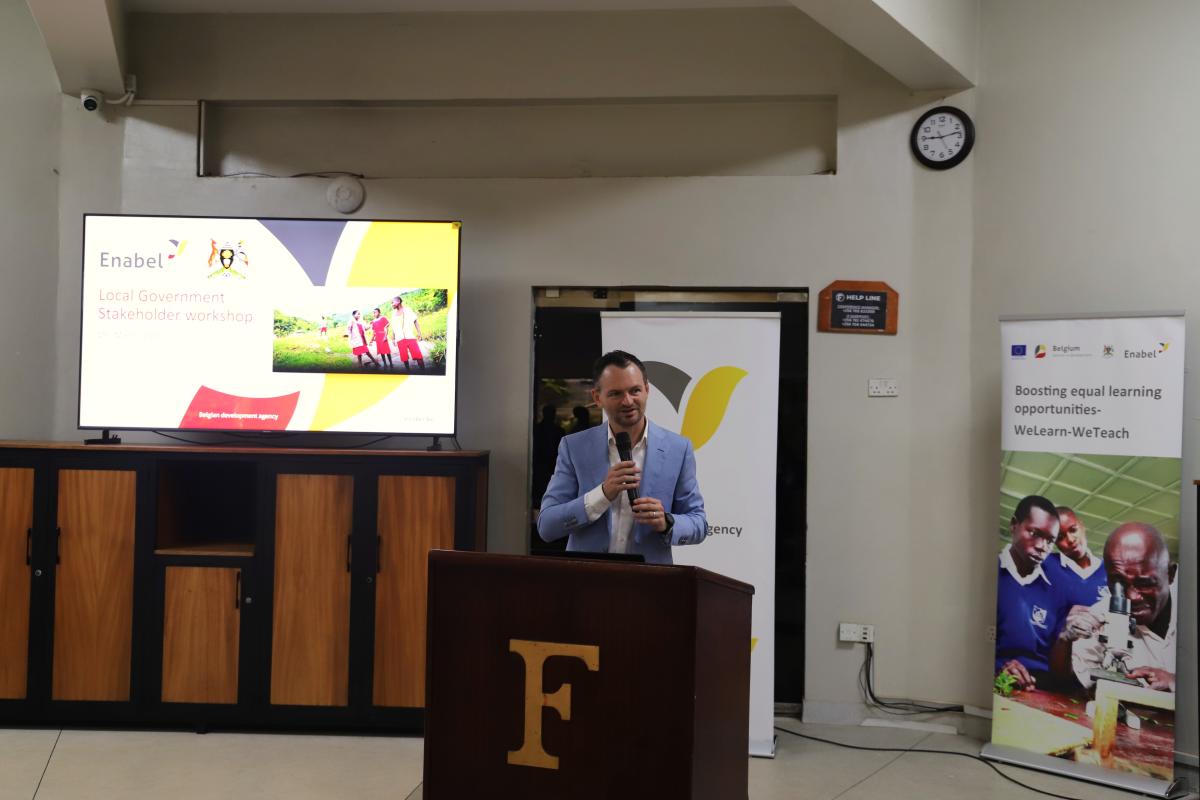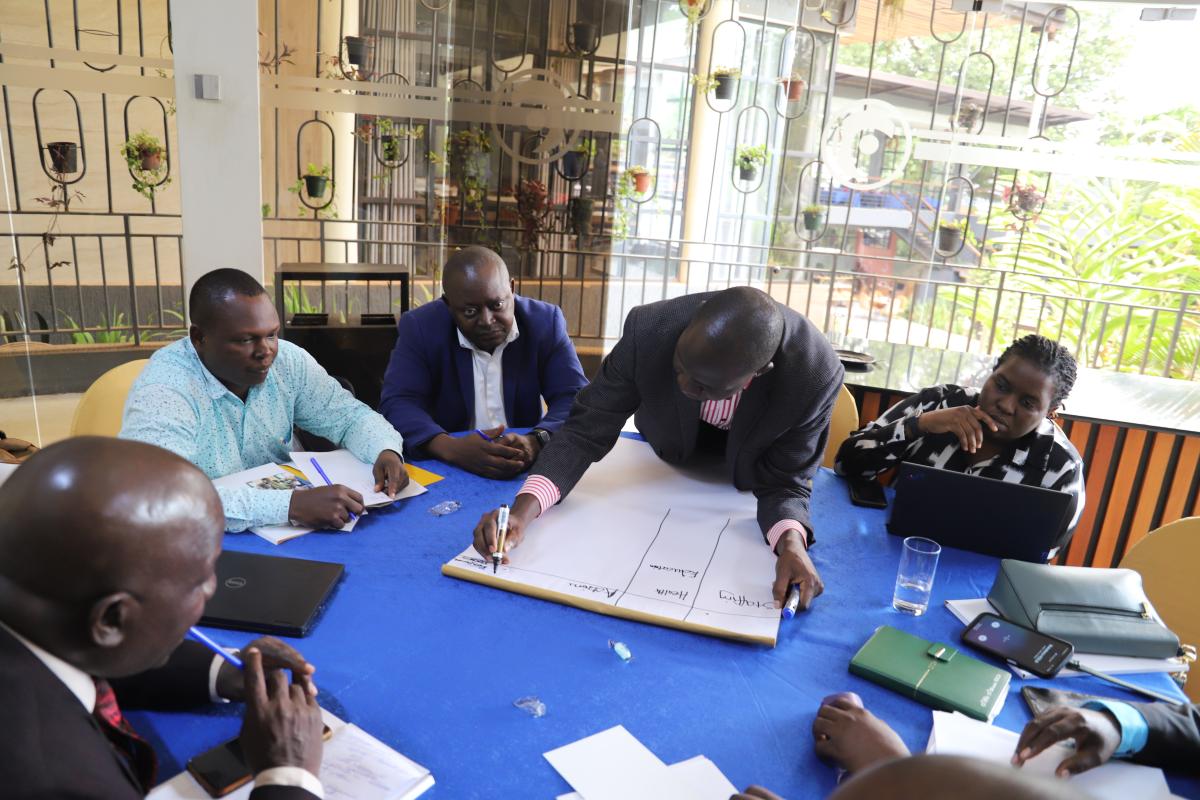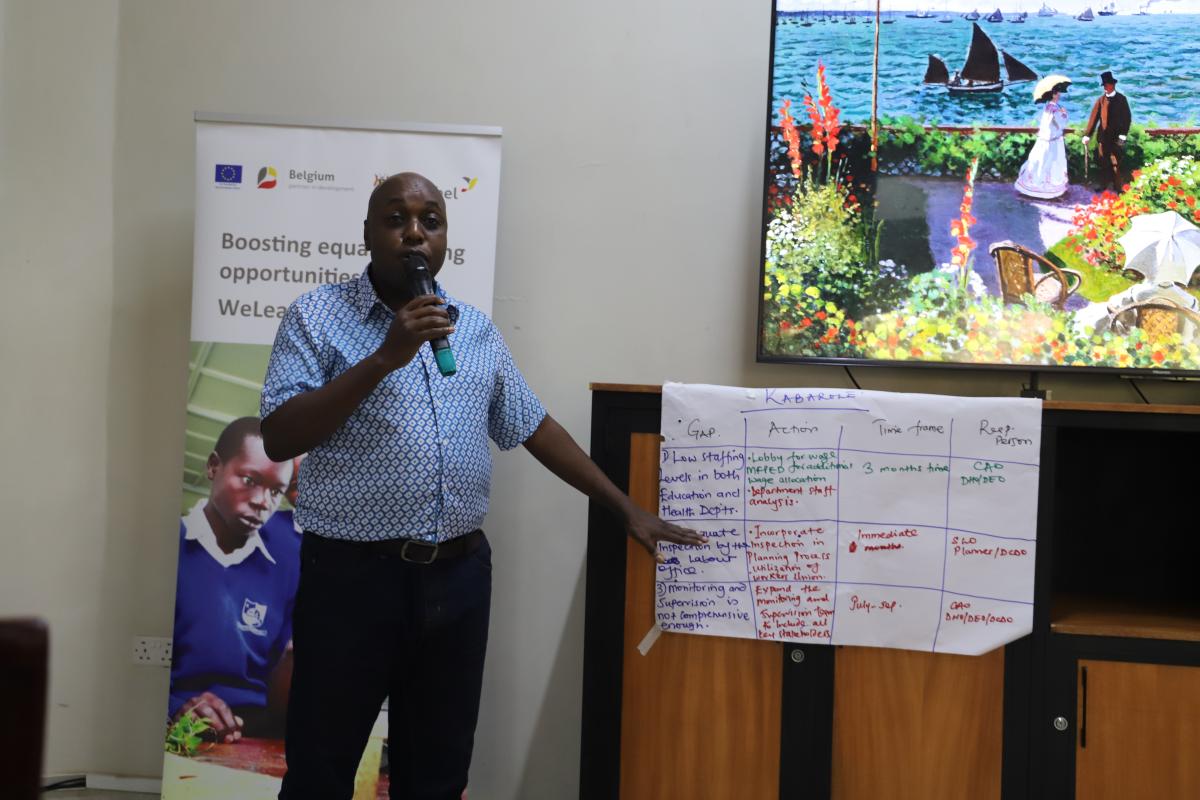Stronger together: Strengthening Local Governance for better social service delivery in Uganda
Local governments play a vital role in delivering quality
social services in Uganda, such as education and healthcare, yet they face
critical challenges. The data speaks volumes:
- 300+ vacant critical staff positions across 20 secondary schools in the Rwenzori and Busoga regions.
- 200+ vacant critical staff positions across 14 Health Centre IVs in the Rwenzori and Busoga regions.
- Billions in unspent wages at the district level.
- Delays in recruitment approvals and late or inadequate release of funds.
During the workshop, Assistant Commissioner Emmanuel Kimbowa highlighted the crucial role of local governments in monitoring development programmes. He stressed the need for enhanced strategies to strengthen their monitoring capabilities, including the adoption of digital tools for efficient data collection and reporting, as well as fostering stronger collaboration with development partners to ensure more effective outcomes.
Together, Enabel and local government leaders agreed to co-develop a long-term performance monitoring framework. This tool will track progress across sectors, promote accountability and ensure that every investment translates into tangible improvements in service delivery.
To deepen this collaboration, H.E. Hugues Chantry, the Belgian Ambassador to Uganda, hosted the local leaders at his residence for an evening of dialogue, reaffirming Belgium’s commitment to strengthening local governance in health, education, and skilling.
Latest news from this project
No news





